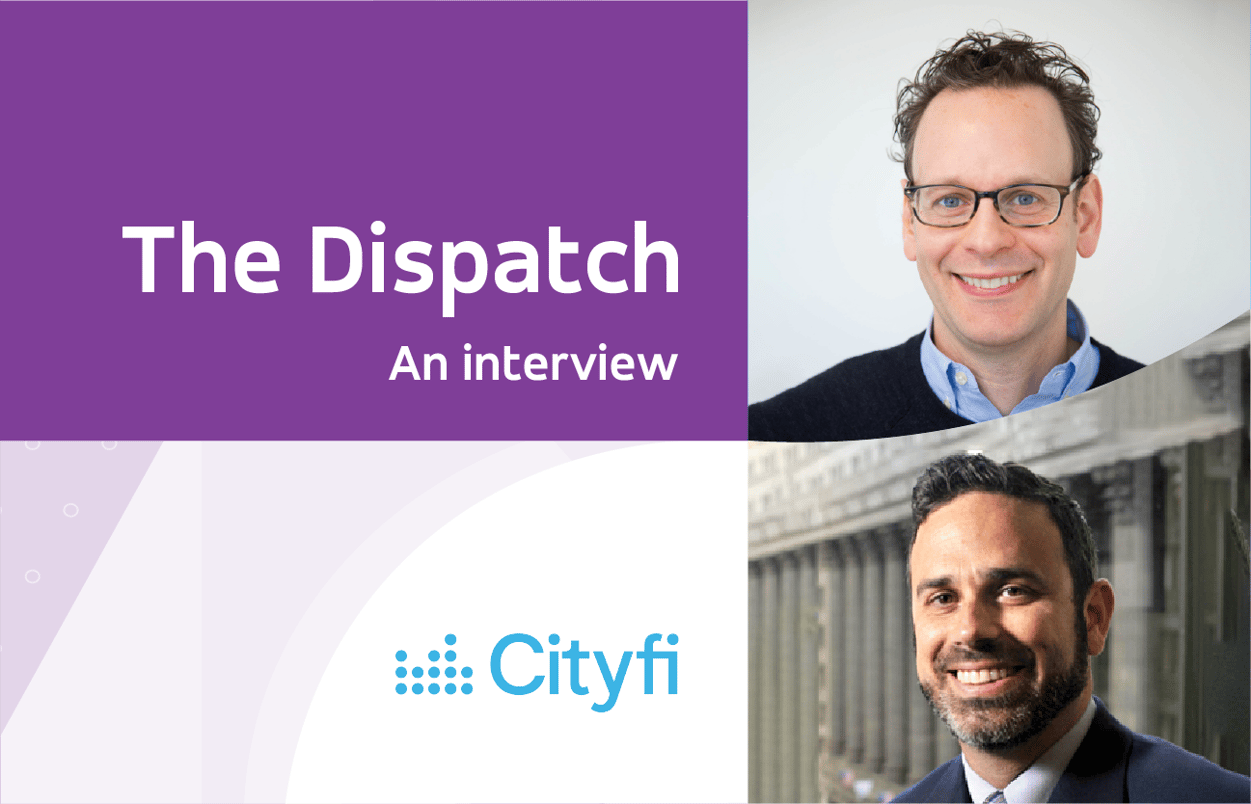Don't miss another podcast. Sign up here.
Gabe Klein’s background isn’t exactly what one would call ‘traditional.’ After working in the startup space, Klein ran the Chicago and Washington, DC Departments of Transportation, before moving back into the private sector to start his company Cityfi, alongside a few of his former government colleagues. “I realized there was a real need for the public and private sectors to work together...to make the big, consequential changes that we need in cities around the environment, upward mobility, and equity.”
Cityfi helps cities and companies navigate change through its work in mobility, technology, and, more broadly, human-centered design. And with the latter point, Klein is clear: people-centric solutions must address centuries of discriminatory policies and practices head-on.
“[In the United States] we built freeways through people’s neighborhoods….I live in Washington, DC and you can come in on I-295 — that ran through peoples’ homes. People of color. Those lines of segregation have continued, the redlining is historic and if we’re going to heal these wounds...it means involving [marginalized] people in the process.” “We need to let people tell us what they want and I think the best way to do that is by showing them what’s possible.” And in terms of economic mobility and opportunity, public transportation is central to the conversation. As Klein says, “the people that are enduring the worst commutes and the worst impacts of the current system are often minority populations.” So what can we do to fix the status quo? Especially considering the fact that experts have told us how critical efficient transit is when it comes to accessing jobs in America?
“I think microtransit , for instance, can be really helpful — particularly in transit deserts...we’ve got to be much more flexible. I’m not someone that believes the bus is the only way or the bike is the only way. We need to let people tell us what they want and I think the best way to do that is by showing them what’s possible.”
In this chat with Via’s Andrei Greenawalt, Gabe Klein expands on how transportation performance metrics could be updated to fit the 21st century, and why he thinks his own electric car would be much more environmentally friendly if 25 people shared it.




